December 15 stands as one of history’s most eventful days, witnessing the rise and fall of empires, groundbreaking discoveries, and moments that shaped our modern world across centuries of human achievement.

Politics and Government Events on December 15
1917 – World War I Armistice Between Russia and Central Powers
Russian negotiators signed a crucial armistice agreement with the Central Powers, effectively ending Russia’s participation in World War I. This diplomatic breakthrough allowed Germany to redirect massive military resources from the Eastern Front to the Western theaters.
The armistice negotiations represented Vladimir Lenin’s commitment to fulfilling his promise of peace to the war-weary Russian people. This pivotal moment fundamentally altered the strategic balance of the Great War.
1960 – King Mahendra Suspends Nepal’s Constitution
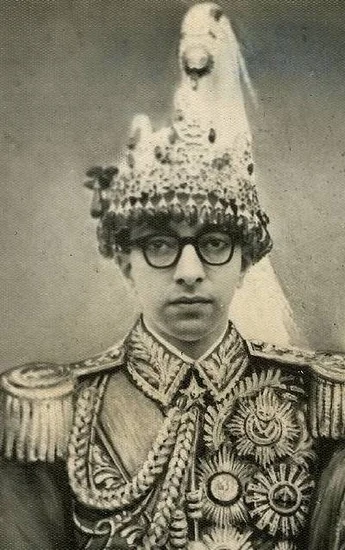
King Mahendra of Nepal executed a dramatic political coup by suspending the country’s democratic constitution and dissolving parliament. The monarch dismissed the elected cabinet and imposed direct royal rule across the kingdom.
This authoritarian move effectively ended Nepal’s brief experiment with democratic governance. The king’s actions consolidated absolute power and established a system of personal rule that would persist for decades.
1978 – United States Recognizes People’s Republic of China

President Jimmy Carter announced the historic decision to establish full diplomatic relations with the People’s Republic of China. The momentous announcement simultaneously severed official diplomatic ties with the Republic of China on Taiwan.
This strategic realignment fundamentally reshaped Cold War dynamics and global geopolitics. The diplomatic breakthrough opened new avenues for trade, cultural exchange, and cooperation between the world’s two emerging superpowers.
1993 – Downing Street Declaration Issued
British Prime Minister John Major and Irish Taoiseach Albert Reynolds jointly issued the groundbreaking Downing Street Declaration. This historic document established crucial principles for peace negotiations in Northern Ireland.
The declaration acknowledged both unionist and nationalist aspirations while committing both governments to peaceful resolution. This diplomatic initiative provided essential foundations for the eventual Good Friday Agreement.
2013 – South Sudanese Civil War Begins
Opposition leaders Dr. Riek Machar, Pagan Amum, and Rebecca Nyandeng triggered a devastating civil war by boycotting the National Liberation Council meeting. Their coordinated political resistance rapidly escalated into armed conflict across the young nation.
The political crisis quickly devolved into ethnic violence that would claim hundreds of thousands of lives. This tragic beginning marked the end of South Sudan’s brief post-independence stability.
Military and Naval History on December 15
1914 – Serbian Army Recaptures Belgrade
Serbian forces launched a brilliant counteroffensive that successfully drove the invading Austro-Hungarian Army from Belgrade. The Serbian military’s unexpected victory demonstrated remarkable resilience against a much larger imperial force.
This stunning military achievement represented one of the first major Allied victories of World War I. The successful defense of their capital city boosted Serbian morale and proved that the Central Powers were not invincible.
1941 – Holocaust Massacre at Drobytsky Yar

German troops systematically murdered over 15,000 Jewish civilians at Drobytsky Yar, a ravine southeast of Kharkiv, Ukraine. This horrific mass execution represented one of the largest single-day massacres during the Holocaust in Ukraine.
The systematic brutality demonstrated the Nazi regime’s commitment to the “Final Solution” across occupied territories. This tragedy stands as one of the darkest chapters in the systematic extermination of European Jewry.
1942 – Battle of Mount Austen Begins
Allied forces launched the intensive Battle of Mount Austen, the Galloping Horse, and the Sea Horse during the critical Guadalcanal Campaign. This complex military operation aimed to secure strategic high ground overlooking Henderson Field.
The battle represented a crucial phase in the Pacific Theater’s island-hopping strategy. American and Australian forces faced determined Japanese resistance in dense jungle terrain that favored defensive positions.
1944 – Glenn Miller’s Aircraft Lost Over English Channel
Major Glenn Miller’s single-engine UC-64A Norseman aircraft disappeared during a routine flight over the English Channel. The beloved bandleader’s mysterious disappearance shocked Allied forces and music fans worldwide.
Miller had been traveling to Paris to arrange entertainment for American troops following the city’s liberation. His loss represented a significant blow to military morale and marked the end of the swing era’s most influential figure.
Science and Discovery Milestones on December 15
1965 – Gemini 6A Achieves First Space Rendezvous

Astronauts Wally Schirra and Thomas Stafford successfully launched aboard Gemini 6A from Cape Kennedy, Florida. Four orbits later, they achieved the first space rendezvous in history by meeting with Gemini 7.
This groundbreaking achievement demonstrated precise orbital mechanics and spacecraft maneuvering capabilities. The successful rendezvous proved essential technologies required for future lunar missions and space station operations.
1970 – Soviet Venera 7 Lands on Venus

The Soviet spacecraft Venera 7 successfully completed the first soft landing on Venus, marking humanity’s first successful landing on another planet. The probe transmitted valuable data about Venus’s hostile surface conditions back to Earth.
This remarkable achievement demonstrated Soviet space program capabilities and advanced our understanding of planetary science. The mission provided crucial insights into Venus’s extreme atmospheric pressure and surface temperature conditions.
1973 – Homosexuality Removed from Psychiatric Disorders List
The American Psychiatric Association voted unanimously 13-0 to remove homosexuality from its official Diagnostic and Statistical Manual of Mental Disorders. This landmark decision represented a fundamental shift in medical understanding of human sexuality.
The vote reflected growing scientific consensus that homosexuality represented natural human variation rather than mental illness. This decision significantly reduced stigma and opened pathways for greater social acceptance and legal protections.
Cultural and Arts Events on December 15
1939 – Gone with the Wind Premieres in Atlanta
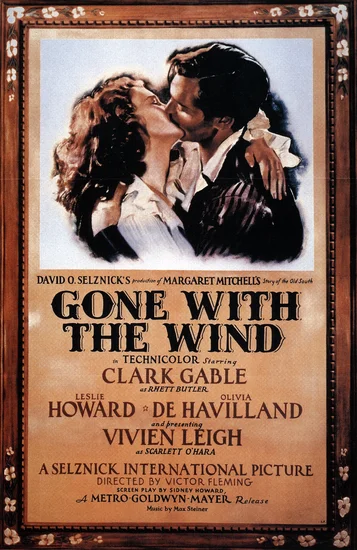
Margaret Mitchell’s epic novel received its spectacular film adaptation with the premiere at Loew’s Grand Theatre in Atlanta, Georgia. The movie would become the highest inflation-adjusted grossing film in cinema history.
The premiere featured elaborate festivities and attracted Hollywood’s biggest stars to the segregated South. The film’s massive cultural impact would influence American cinema for generations while sparking ongoing debates about historical representation.
1905 – Pushkin House Established in Saint Petersburg
Russian literary authorities established the Pushkin House in Saint Petersburg to preserve and promote Alexander Pushkin’s cultural heritage. This institution became the premier center for Russian literary scholarship and preservation.
The organization dedicated itself to maintaining Pushkin’s manuscripts, personal effects, and literary legacy. The Pushkin House would become instrumental in preserving Russian literary culture through political upheavals and social transformations.
2001 – Leaning Tower of Pisa Reopens

The famous Leaning Tower of Pisa reopened to visitors after an extensive 11-year stabilization project costing $27 million. Engineers successfully reduced the tower’s dangerous lean without eliminating its famous architectural characteristic.
The ambitious restoration project involved sophisticated soil removal and structural reinforcement techniques. The tower’s reopening marked a triumph of engineering innovation and historical preservation efforts.
Religious and Social Events on December 15
1945 – Shinto Directive Issued in Japan
General Douglas MacArthur issued the historic Shinto Directive, ordering the abolition of Shinto as Japan’s official state religion. This sweeping religious reform aimed to separate church and state in occupied Japan.
The directive dismantled the religious foundations of Japanese militarism and emperor worship. This fundamental change helped establish religious freedom and democratic principles in post-war Japanese society.
1961 – Adolf Eichmann Sentenced to Death
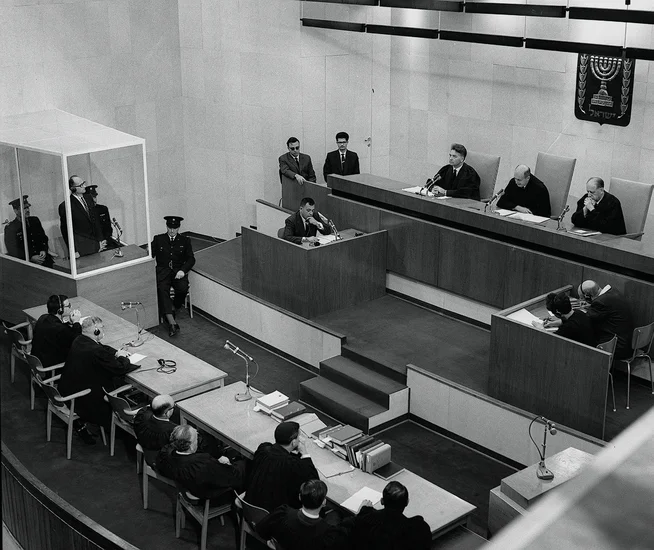
An Israeli court found Adolf Eichmann guilty of 15 criminal charges, including crimes against humanity and crimes against the Jewish people. The tribunal sentenced the Nazi war criminal to death for his role in orchestrating the Holocaust.
The highly publicized trial brought international attention to Holocaust atrocities and established important precedents for international justice. Eichmann’s prosecution demonstrated that war criminals could not escape accountability through time or distance.
1933 – Anarchist Insurrection Suppressed in Zaragoza
Spanish authorities successfully suppressed a major anarchist uprising in Zaragoza, reflecting the growing political instability preceding the Spanish Civil War. The failed insurrection demonstrated the deep ideological divisions fracturing Spanish society.
The uprising represented anarchist frustration with the Second Spanish Republic’s moderate policies. This violent confrontation foreshadowed the broader political violence that would soon engulf Spain in civil war.
Business and Economic Events on December 15
1903 – Ice Cream Cone Machine Patent Awarded
Italian American food cart vendor Italo Marchiony received a United States patent for his revolutionary ice cream cone manufacturing machine. This innovative device mechanized the production of edible ice cream containers.
Marchiony’s invention transformed the ice cream industry by making cones more affordable and widely available. The patent helped establish the ice cream cone as an iconic American treat and spawned countless imitators.
1973 – John Paul Getty III Found Alive

Kidnapped billionaire grandson John Paul Getty III was discovered alive near Naples, Italy, after being held captive since July 10. The dramatic rescue ended one of the most publicized kidnapping cases in modern history.
The Getty family’s initial reluctance to pay ransom had prolonged the ordeal and captured international media attention. The case highlighted the dangers facing wealthy families and transformed personal security practices worldwide.
2000 – Chernobyl Nuclear Plant Shuts Down

The third and final reactor at the Chernobyl Nuclear Power Plant ceased operations, officially closing the facility forever. This closure marked the end of one of the most infamous chapters in nuclear power history.
The shutdown represented a significant milestone in nuclear safety and environmental remediation efforts. The plant’s closure symbolized international cooperation in addressing the legacy of the world’s worst nuclear accident.
Transportation and Infrastructure on December 15
1906 – London Underground’s Piccadilly Line Opens
The Great Northern, Piccadilly and Brompton Railway began operations, significantly expanding London’s underground transportation network. This new line connected previously isolated areas of the city to the growing subway system.
The railway’s opening represented a major advancement in urban transportation and city planning. The Piccadilly line would become one of London’s most important transit arteries, facilitating the capital’s continued growth and development.
2005 – Lockheed Martin F-22 Raptor Enters Service
The United States Air Force officially introduced the advanced Lockheed Martin F-22 Raptor into active military service. This fifth-generation fighter aircraft represented the pinnacle of American aerospace technology and stealth capabilities.
The F-22’s deployment marked a revolutionary advancement in air superiority and military aviation. The aircraft’s sophisticated stealth technology and advanced avionics systems established new standards for fighter aircraft worldwide.
1997 – Tajikistan Airlines Flight 3183 Crashes

Tajikistan Airlines Flight 3183 crashed in the desert near Sharjah, United Arab Emirates, killing all 85 people aboard. This tragic accident highlighted ongoing safety concerns in post-Soviet aviation infrastructure.
The crash represented one of the deadliest aviation disasters in Central Asian history. The tragedy prompted renewed focus on airline safety standards and pilot training in the region.
Sports and Recreation on December 15
1919 – Max Yasgur Born, Future Woodstock Host
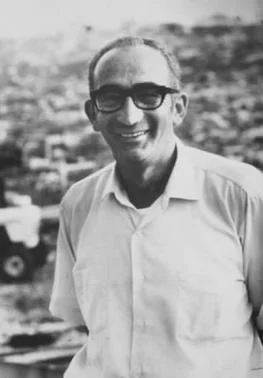
Max Yasgur was born in New York, destined to become the dairy farmer who would host the legendary Woodstock Music & Art Fair. His willingness to lease his farm would create one of music history’s most iconic festivals.
Yasgur’s decision to allow the festival on his property despite local opposition demonstrated remarkable courage and vision. His legacy remains forever linked to the counterculture movement and the transformative power of music.
1946 – Art Howe Born, Baseball Manager

Art Howe entered the world in Pittsburgh, Pennsylvania, beginning a journey that would lead to a distinguished career as a baseball player and manager. His leadership skills would eventually guide several Major League Baseball teams.
Howe’s playing career provided the foundation for his later success as a manager and strategist. His analytical approach to baseball management would influence a generation of players and coaches.
1970 – Frankie Dettori Born, Champion Jockey

Italian jockey Frankie Dettori was born in Milan, beginning a path toward becoming one of horse racing’s most celebrated riders. His flamboyant style and remarkable success would make him a global sporting icon.
Dettori’s natural talent and charismatic personality would revolutionize horse racing’s popular appeal. His famous “flying dismount” celebration became one of sports’ most recognizable victory gestures.
Notable Births on December 15
1907 – Oscar Niemeyer Born, Modernist Architect
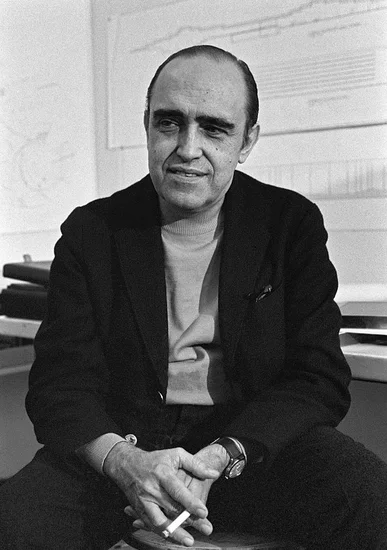
Brazilian architect Oscar Niemeyer was born in Rio de Janeiro, destined to become one of the 20th century’s most influential modernist designers. His revolutionary architectural vision would reshape urban landscapes across Brazil and beyond.
Niemeyer’s innovative use of reinforced concrete and flowing organic forms challenged traditional architectural conventions. His masterpieces include the United Nations Headquarters in New York and the Cathedral of Brasília.
1916 – Maurice Wilkins Born, Nobel Prize-Winning Physicist
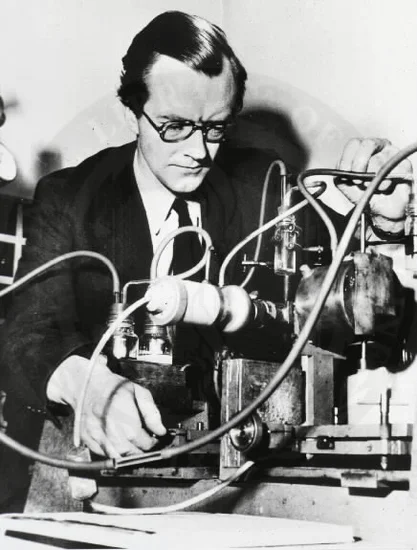
Maurice Wilkins was born in New Zealand, beginning a scientific journey that would contribute to one of biology’s greatest discoveries. His X-ray crystallography work would prove crucial to understanding DNA structure.
Wilkins’ meticulous research provided essential evidence for the double helix model of DNA. His collaboration with other scientists earned him the Nobel Prize in Physiology or Medicine in 1962.
1924 – Freeman Dyson Born, Theoretical Physicist
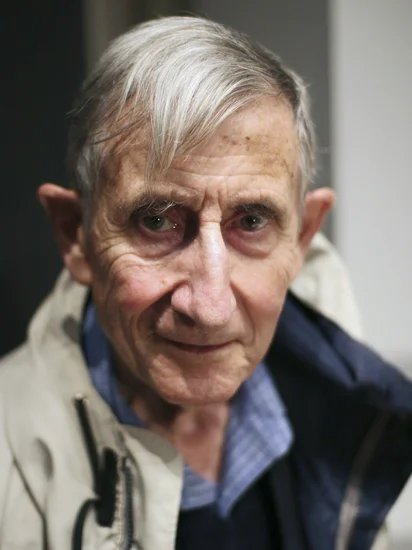
Freeman Dyson was born in England, launching a brilliant career that would span theoretical physics, mathematics, and space exploration concepts. His wide-ranging intellectual contributions would influence multiple scientific disciplines.
Dyson’s theoretical work on quantum field theory and his visionary ideas about space colonization captured scientific and popular imagination. His concept of the “Dyson sphere” became a cornerstone of speculative physics and science fiction.
1928 – Friedensreich Hundertwasser Born, Visionary Artist

Austrian artist Friedensreich Hundertwasser was born in Vienna, beginning a creative journey that would challenge conventional artistic and architectural norms. His colorful, organic style would inspire environmental and aesthetic movements worldwide.
Hundertwasser’s unique artistic vision combined painting, architecture, and environmental activism. His buildings featured irregular forms, living roofs, and vibrant colors that celebrated humanity’s connection to nature.
1933 – Tim Conway Born, Beloved Comedian
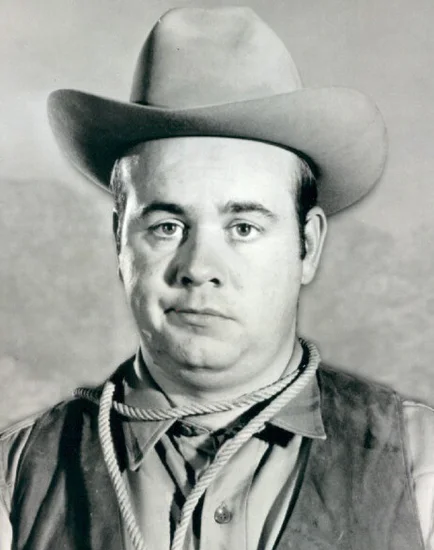
Tim Conway was born in Ohio, starting a comedic career that would bring laughter to millions of television viewers. His improvisational skills and gentle humor would make him one of America’s most beloved entertainers.
Conway’s work on “The Carol Burnett Show” showcased his remarkable talent for physical comedy and character work. His ability to make fellow performers break character became legendary in television comedy.
1959 – Don Johnson Born, Television Star
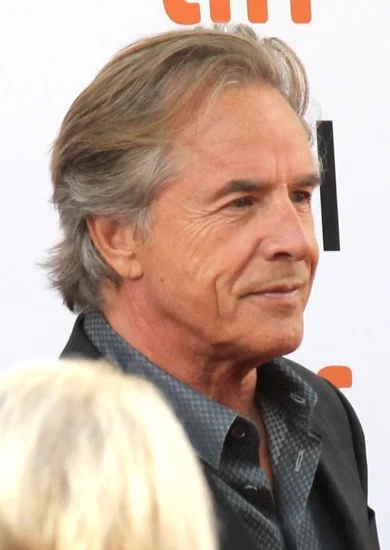
Don Johnson was born in Missouri, beginning an entertainment career that would make him one of the 1980s’ most recognizable television personalities. His role in “Miami Vice” would define an era of American popular culture.
Johnson’s portrayal of detective Sonny Crockett revolutionized television drama with its cinematic style and fashion influence. His performance helped establish the template for modern police procedurals.
1981 – Michelle Dockery Born, Acclaimed Actress

Michelle Dockery was born in England, starting an acting career that would bring her international recognition and critical acclaim. Her dramatic range would make her one of Britain’s most respected contemporary actresses.
Dockery’s portrayal of Lady Mary Crawley in “Downton Abbey” earned her multiple Emmy nominations and global fame. Her ability to convey complex emotions with subtlety has made her a sought-after performer in film and television.
Notable Deaths on December 15
1944 – Glenn Miller Dies, Legendary Bandleader
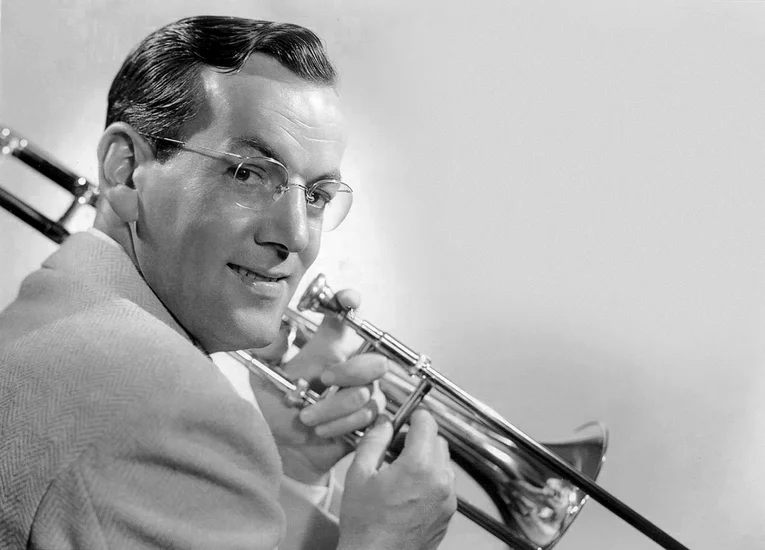
Glenn Miller, the iconic American bandleader and composer, died when his aircraft disappeared over the English Channel during World War II. His loss marked the end of the swing era’s most influential and popular musical figure.
Miller’s innovative arrangements and memorable melodies had defined American dance music throughout the early 1940s. His tragic death while serving his country added to his legend and cemented his status as an American cultural icon.
1950 – Vallabhbhai Patel Dies, Indian Independence Leader
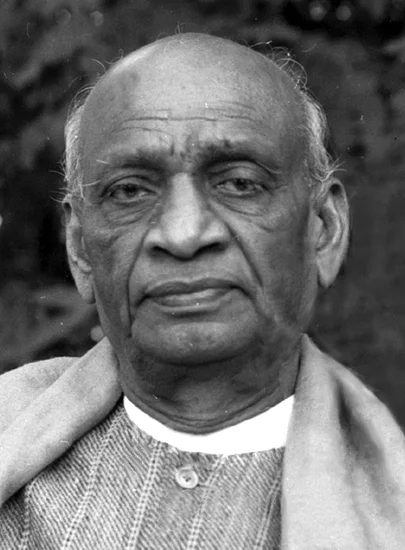
Vallabhbhai Patel, India’s first Deputy Prime Minister and a key architect of independence, died in Mumbai. His death marked the loss of one of the Indian National Congress’s most effective political organizers and nation-builders.
Patel’s skill in unifying India’s princely states earned him the title “Iron Man of India.” His pragmatic approach to governance and unwavering commitment to Indian unity helped establish the foundations of modern India.
1958 – Wolfgang Pauli Dies, Nobel Prize-Winning Physicist

Wolfgang Pauli, the Austrian-Swiss physicist and Nobel Prize laureate, died in Zurich, Switzerland. His death marked the loss of one of quantum mechanics’ most brilliant theoretical contributors and critics.
Pauli’s exclusion principle revolutionized atomic theory and provided crucial insights into electron behavior. His perfectionist approach to physics and sharp criticism of colleagues’ work earned him both respect and fear in the scientific community.
1966 – Walt Disney Dies, Animation Pioneer
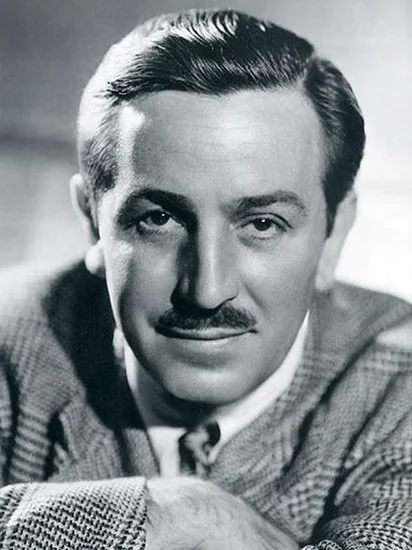
Walt Disney, the legendary American animator and entertainment mogul, died in Los Angeles, California. His death marked the end of an era in animation and family entertainment that had transformed popular culture worldwide.
Disney’s innovative approach to animation and storytelling created timeless characters and established new standards for family entertainment. His legacy continues through the global entertainment empire that bears his name.
2011 – Christopher Hitchens Dies, Influential Writer
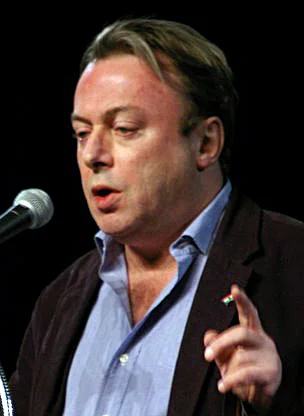
Christopher Hitchens, the provocative English-American essayist and journalist, died in Houston, Texas. His death marked the loss of one of the most intellectually challenging and controversial writers of his generation.
Hitchens’ fearless criticism of religion, politics, and social conventions made him both celebrated and reviled. His eloquent prose and devastating wit influenced public discourse on topics ranging from atheism to foreign policy.
2020 – Zakir Hussain Dies, Master Tabla Player
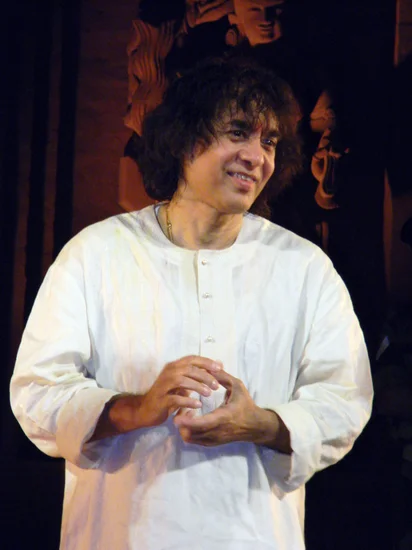
Zakir Hussain, the legendary Indian tabla player and composer, died, marking the end of an era in classical Indian music. His death represented the loss of one of the world’s most accomplished percussionists and cultural ambassadors.
Hussain’s masterful technique and innovative collaborations brought Indian classical music to global audiences. His ability to bridge Eastern and Western musical traditions made him one of the most respected musicians of his generation.
Holidays and Observances on December 15
Bill of Rights Day (United States)

Americans commemorate the ratification of the first ten amendments to the Constitution, known as the Bill of Rights. This observance celebrates the fundamental freedoms and protections that form the cornerstone of American democracy.
The day encourages reflection on civil liberties and constitutional rights that protect individual freedoms. Educational institutions and civic organizations often host programs highlighting the Bill of Rights’ continued relevance in contemporary society.
Kingdom Day (Netherlands)
The Netherlands observes Kingdom Day to celebrate the establishment of the Kingdom of the Netherlands and its constituent territories. This national holiday honors the unity and cooperation among the kingdom’s various regions and peoples.
The celebration emphasizes the constitutional monarchy’s role in maintaining national unity and democratic governance. When December 15 falls on a Sunday, the observance moves to December 16 to ensure proper celebration.
Zamenhof Day (International Esperanto Community)
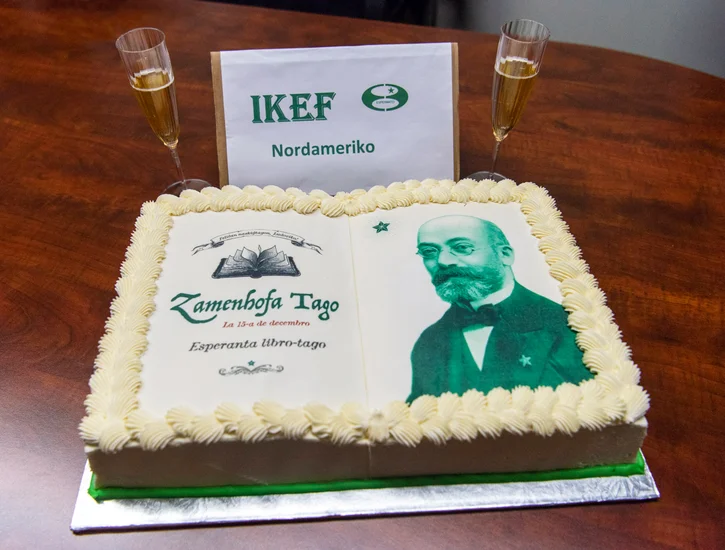
The global Esperanto community celebrates the birthday of Dr. Ludwik Zamenhof, the creator of the Esperanto language. This observance promotes international understanding and communication through the world’s most successful constructed language.
Esperanto speakers worldwide organize cultural events, language lessons, and international friendship activities. The day reflects Zamenhof’s vision of breaking down language barriers to foster global peace and cooperation.
